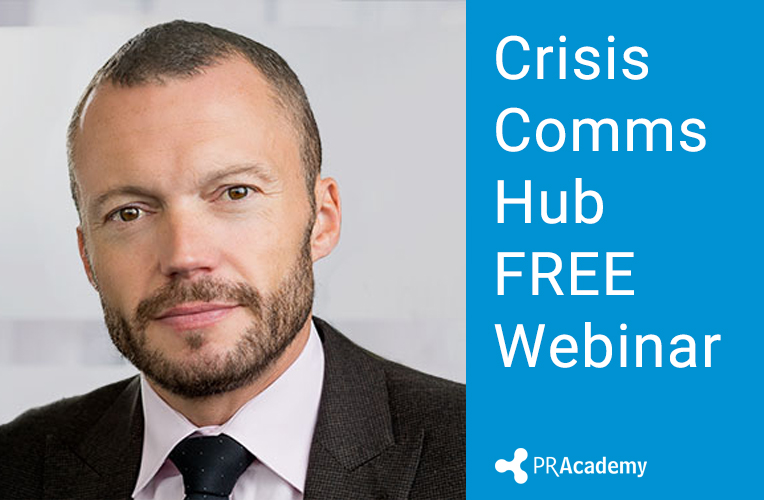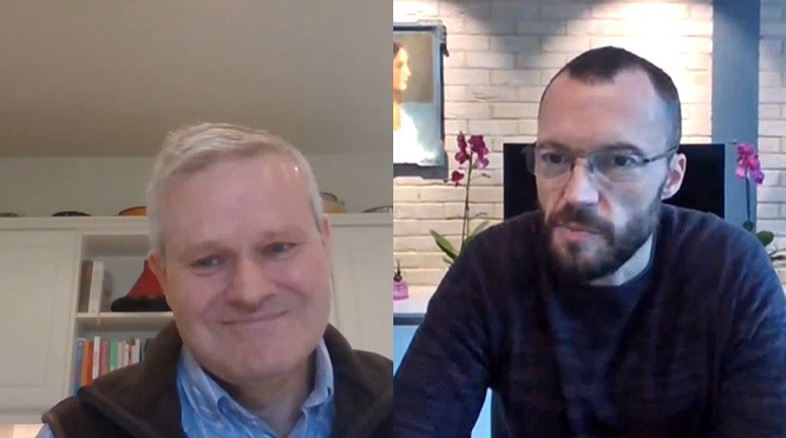Andrew Griffin: ‘Crisis management is all about simplicity and flexibility’
Ultimately, crisis management is about more than communication. It brings many functions, geographies and businesses together.
For a while crisis management became this massive, industrial-scale operation whereas I’ve always thought the simpler the better. You should be freeing people up and enabling them to manage the problem rather than enforcing a straightjacket of process that limits their movement with too much complexity and too many rules.

Register for webinar
Crisis communication expert, Andrew Griffin, will explore why finding the balance between science and emotion, between hard facts and compelling stories is becoming harder than ever in crisis communication.
When: 2nd December 2021 – from 1-2pm (GMT).
This webinar is free, but only a few spaces remain, so secure your space today!




